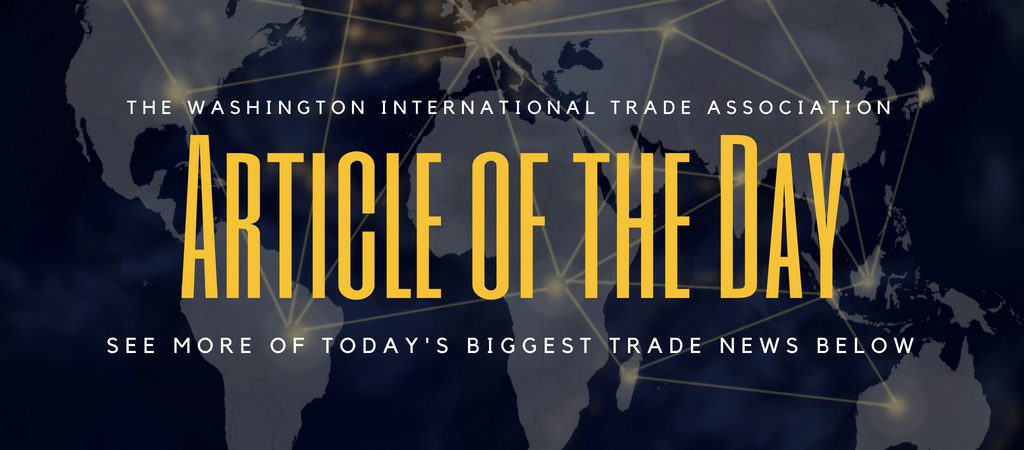- The unnamed official told Bloomberg that negotiators were not optimistic about securing a broad agreement that would fully end the trade conflict between the world’s two largest economies.
- Both sides are set for high-level trade negotiations in Washington on Thursday.
U.S. stock futures pushed higher Wednesday morning after a report suggested that Beijing is willing to discuss a partial trade deal with Washington.
Bloomberg reported, citing an official with direct knowledge of the negotiations, that China is willing to talk about a possible agreement as long as no more tariffs are imposed by the President Donald Trump administration — including planned levies due this month and in December.
The report added that Beijing would offer non-core concessions like purchases of agricultural products in return, but not budge on major sticking points between the two nations.
The unnamed official said negotiators were not optimistic about securing a broad agreement that would fully end the trade conflict between the world’s two largest economies. Both sides are set for high-level trade negotiations in Washington on Thursday.
Separately, the Financial Times on Wednesday morning reported that officials in China are offering to increase annual purchases of U.S. agricultural products in order to reach a partial deal.
″(Vice Premier) Liu He is coming with real offers, it’s not an empty visit,” an unnamed source told the FT. “The Chinese are ready to de-escalate.”
Trump has said tariffs on Chinese imports will increase on October 15 if no progress is made in bilateral trade negotiations. He has also previously played down talk of any partial deal, preferring a “complete deal” with China, and it’s therefore possible the market could be overreacting to these reports.
The world’s two largest economies have imposed tariffs on billions of dollars’ worth of one another’s goods since the start of 2018, battering financial markets and souring business and consumer sentiment.
On Tuesday, the Department of Commerce added 28 new companies and agencies to its running “blacklist” of Chinese firms banned from doing business in the United States. The move has already hit suppliers to the companies named, and roiled markets Tuesday on fears of wavering trade talks.
To read original article, click here

